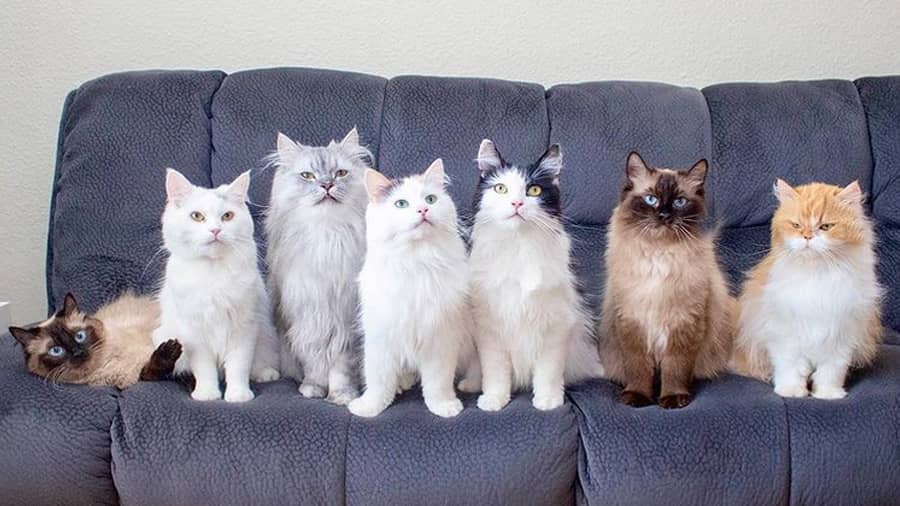Did you know that cats bring odd gifts like half-dead small animals and insects to us in order to teach us how to hunt? This and many more interesting facts about our feline friends are unearthed in Inside the Mind of a Cat, a Netflix documentary, directed by Andy Mitchell, that offers insights into the behaviour of cats and why they do what they do.
The 67-minute-long documentary takes us through the experience of cat behaviourists and trainers who share nuggets of information and answer questions that cat owners may have. Here’s why Inside the Mind of a Cat is an essential watch for cat owners.
Do cats love us?
That’s a question many cat parents wrestle with. Experts interviewed in the documentary agree that cats do form strong connections with their humans and are capable of loving them, like dogs.
How do cats show love?
Behaviourists and trainers discuss the differences between how dogs and cats express their love, and the signs to look for in cats. For instance, cats express their love by lying in the vulnerable belly-up position, bringing us unwanted presents and constantly meowing at us — a trait they developed to exclusively interact with their humans.
Are cats tough to train?
A lot of people tend to believe that cats are too hard to train or even befriend. Svitlana and Marina, trainers of the animal performer troupe Savitsky Cats, who appeared on America’s Got Talent, have a different take. Dogs do tasks to please their owners, while cats have more of a “make me do it” attitude towards learning tricks, the duo reveal.
According to Kristyn Vitale, cat psychologist and associate professor at Unity College, cats do not respond well to negative reinforcement. To teach a cat what we want it to do, we need to praise and reward it when it does the right thing. Both Svitlana and Marina agree that going into a training session with a negative mindset always leads to failure as cats are intuitive of human emotions.
And yes, cats are capable of learning their names and recognising their owners!
New findings in cat behaviour
The documentary throws light on why cats tend to rummage around the house before daybreak — because they are crepuscular, animals that are most active at dawn and dusk.
Vitale and her Japan-based co-researcher Saho Takagi of Azabu University recently discovered that our cat’s behaviour depends on our behaviour and lifestyle. It’s been seen that cats in Japan, where their owners are more reclusive, are more suspicious of new things. While cats in the US, where their owners are more outgoing, are more willing to explore new things introduced to them.
History of domesticated felines
Along with new findings, the documentary takes us back in history showing us how cats essentially domesticated themselves and spread across the world on-board ships where they feasted on rodents.
And did you know that cats have toppled dogs to become the most popular pets in Japan?










